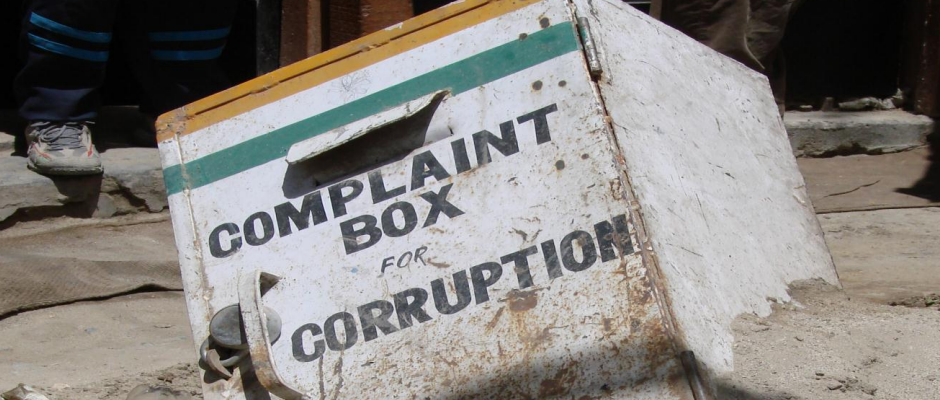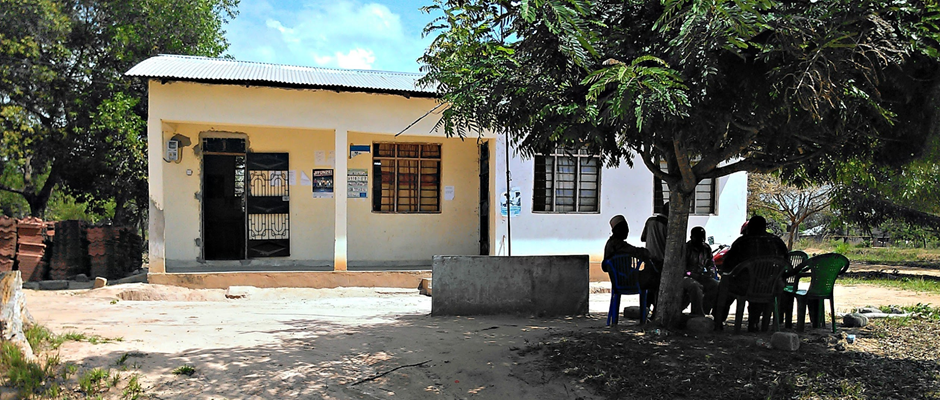
Two momentous trends have swept across the developing world from the 1980s onwards: democratization and decentralization. These twin processes have generated enormous enthusiasm both domestically and within the international community about prospects for improved governance. Among other things, ‘democratic decentralization’ is expected to bring government and service providers ‘closer to the people’, and, in turn, help increase citizen voice, strengthen accountability and reduce corruption.
However, evidence that decentralisation lowers corruption remains contested, and there are still important gaps in knowledge. While a review of the literature clearly highlights that ‘context matters’, questions of ‘how’ and ‘why’ it does are less clear. Among other things, there has been limited qualitative work to explore this question in more detail. Furthermore, there is a need to know more about incentives for and against reform and how these are shaped.
Over the past two years, the ODI has been working on a project on ‘Decentralization, Multilevel Governance and Corruption’ in collaboration with the Centre for Policy Dialogue (CPD) in Bangladesh and the Centre for Democracy and Development (CDD) in Nigeria to help to address some of these gaps. The research, led by Hamish Nixon as Principal Investigator, was based on two case studies exploring the linkages between corruption and decentralisation in local settings in Bangladesh and Nigeria. The research reinforces some key findings in exiting literature:
- Democracy, and elections at the local level in particular, do not in and of themselves solve corruption; and
- More local forms of government are not automatically less corrupt
But the research project also makes an important contribution by helping to tease out why this is.
First, the findings show that the relationship between decentralisation and corruption is iterative and runs both ways. On the one hand, as others have shown as well, we found that the manner in which decentralisation works in practice is intimately shaped by formal and informal institutions and how these interact. On the other hand, the findings suggest that corruption itself also shapes the way decentralisation is formalised. In other words, corruption is not only a consequence, but also a cause, of poorly implemented decentralised governance. In Bangladesh and Nigeria, formal mechanisms of decentralisation lack internal consistency and often pull in opposite directions, in ways that tend to reduce the autonomy and capacity of local institutions in ways that favor personal interests. In both countries, corruption is also driven by the challenges of implementing a coherent structure for decentralisation that, by design, is intended to generate coordination problems and confusion about where power, decision-making, and associated accountabilities lie. Thus, the embedded logic of how decentralization works both formally and informally create openings for corrupt behaviors at all levels of governance.
Based on these findings, the research draws out several insights for practitioners and policy-makers trying to reduce corruption through decentralisation:
- Both top-down mechanisms – such as financial management and anti-corruption agencies – and bottom-up approaches around citizen participation (including elections and community boards) have limited effectiveness in combatting corruption at the local level. Opportunities for corruption easily influence and capture bureaucratic as well as social means for control and prevention.
- While the problem of corruption is strongly recognised in law and policy in both Bangladesh and Nigeria, there is a significant mismatch between the approaches taken to address it and what the research reveals about how the underlying politics and power dynamics that shape decentralisation processes drive corruption at the local level. Anti-corruption efforts need to be grounded in approaches that combine an understanding of individual as well as more collective, systemic, and norms-based dynamics and incentives.
- Anti-corruption approaches may not require additional formal law, policy or regulation. In fact, as the findings strongly suggest, simplification and clarification of these measures may be more appropriate, Thus, structural reforms and anti-corruption efforts should pay closer attention to the need to build the coherence of government arrangements across different levels and political, administrative and fiscal dimensions of governance. This could include, for instance, efforts to improve clarity around the degree and form of political autonomy to create stronger alignments between fiscal decentralisation and local functions and accountabilities.
- Awareness raising remains one of the most common approaches to combat corruption. However, as the research suggests, as a default or residual approach, awareness raising will have limited impact without taking into consideration the incentives and power dynamics that help recreate corruption at the local level.
As this project on decentralization, multilevel governance and corruption clearly shows, context does matter – but this research helps to move beyond this truism to provide insights as to how and why that is.
Access the study: https://www.odi.org/comment/10643-why-corruption-thrives-local-level-insights-bangladesh-and-nigeria




